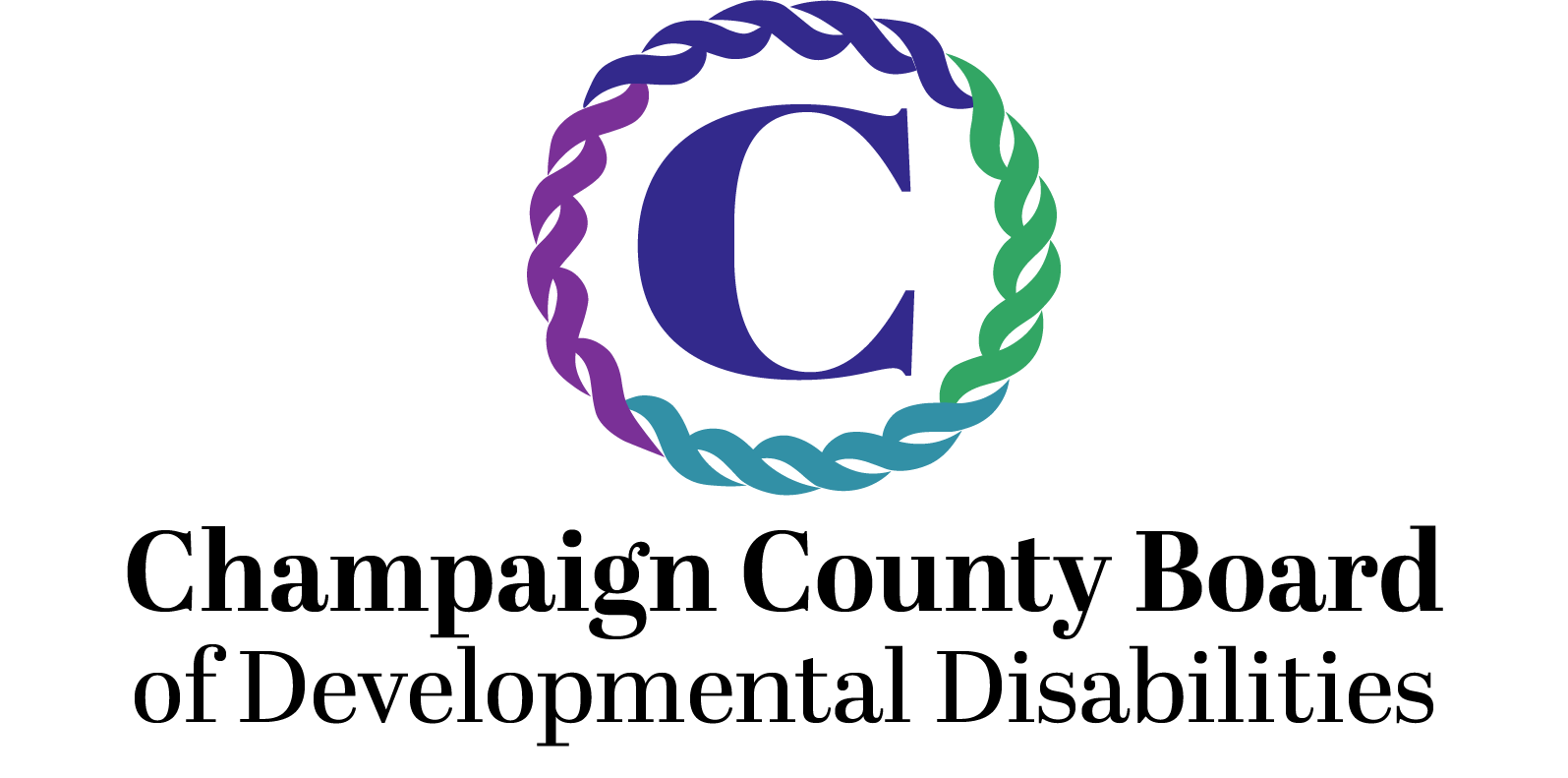|
Written by: Communications Specialist, Amy Kerrigan 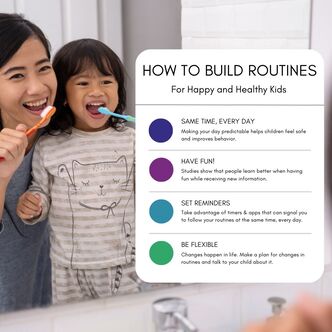 From birth through the age of 3 years, learning and growth happen quickly. This is a very important time for a child’s body and brain. That is why having a routine, or doing things at the same time every day, is a big deal. Let's talk about routines and why the Ohio Early Intervention program says they are important. Why Routines Are Great Imagine knowing what's going to happen each day. Routines do that. When babies and toddlers have routines, they learn about time, what happens next, and they feel safe because of it. It's a plan that helps teach the order of things, like when you eat breakfast, play, take a nap, and go to bed at night. This creates more predictable behavior. Routines help a child’s brain get smarter, too. When the child completes tasks in the same order, their brain learns patterns. You might not know this, but brains love patterns! Patterns help brains build memories and figure out how the world works. Ohio Early Intervention Program and Routines Ohio Early Intervention (EI) is a statewide program offered through the Champaign County Board of Developmental Disabilities (CCBDD). EI is designed to help parents who have concerns about the development of their children, ages birth to 3 years. The CCBDD has a fully trained staff to provide these services to families in Champaign County at no cost to the family. (See end of article for more information about making a referral to the Champaign County EI program.) Part of the Ohio EI program is helping families make a plan that will encourage a child’s developmental success. The best plans involve creating routines. The EI staff understands that establishing routines within a family will create healthy habits that can continue throughout life. Routines are built around what kids do every day and how to help them learn new skills. This way, a child develops skills while doing things they already enjoy, like playing and eating. Benefits of Routines
How to Make Your Own Routine It’s obvious that having a routine is amazing, but how can you start one? Here are some tips:
Remember, routines are like a secret weapon to becoming a super learner and explorer. The CCBDD Early Intervention program understands the importance of routine and wants to share that knowledge with all families. If you live in Champaign County, suspect that your child has a developmental delay, and need help; please, contact the Champaign County Board of DD office at (937) 653-5217 or the Early Intervention Service Coordinator at 937-658-8443. Written by: Stacey Patterson, Early Intervention Service Coordinator 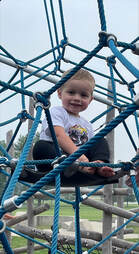 Summer is in full swing and so are young children! We all know that summer play is fun, but it is also an important developmental tool. Outdoor play not only encourages more vigorous play, such as running and jumping, which helps build gross motor skills, it also helps with the mental health of our youngest children. Regular exposure to the great outdoor can help reduce anger and aggression, even in young children. Playing outside also encourages curiosity, exploration and problem solving! No child is too young to enjoy being outside. Even infants benefit from fresh air each day. Try doing tummy time on a blanket in a shady spot. In addition to being an important gross motor activity, it can also be a great sensory experience! CDC Outdoor Play Recommendations:
For more information on outdoor play, check out these additional resources: https://www.cdc.gov/earlycare/resources/outdoor-play-and-safety.html https://healthychildren.org/English/family-life/power-of-play/Pages/playing-outside-why-its-important-for-kids.aspx https://www.parentingexperttomom.com/the-best-outdoor-activities-for-babies/ Early Intervention Play in the Park SlideshowWritten by: Stacey Patterson, Early Intervention Service Coordinator 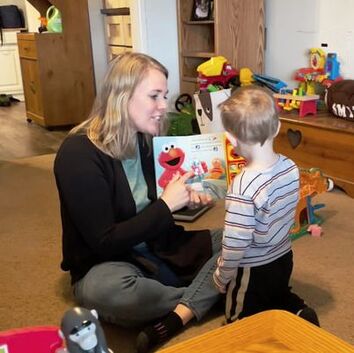 Developmental Specialist, Kala Roman demonstrates what reading can look like with young children. Developmental Specialist, Kala Roman demonstrates what reading can look like with young children. Since joining the Champaign County Early Intervention Team last June, I have been happy to hear the conversations between Early Intervention Service Providers and families about the importance of reading to their very young children. Some concerns parents have about reading to their children are often that children have no interest in books or that children just destroy the books. These are valid concerns! However, coming from a preschool background, I know the importance of reading to children. Reading to your child during infancy is important in building that language/literacy connection. Children learn to talk when adults engage them in conversations, which often happens during reading. But how can you help your child learn to speak by reading? I think we all have the illusion that reading to a child should be a quiet, peaceful experience. Your child sits on your lap and listens intently as you read them a story… But it usually doesn’t happen that way! At least not right at the start. You must show your child that reading can be enjoyable, just as you would demonstrate any other skill you are trying to teach them. It’s also important to understand how reading to a child should look, according to your child’s age. Expectations for read with infants Infants, up to about a year old, need fabric, plastic, or board books that can be handled without fear of being torn apart. Books need to have brightly colored, easily recognizable pictures, with only one or two words per page. Look for books that label items such as animals, colors, etc. While you look at the book, have a conversation with your child about the pictures you are seeing on the pages. Encourage your child to point to the pictures as you read. Make sure your child can see your face. Younger infants especially learn so much from your facial expressions. This is how you begin to teach them that reading time can be enjoyable. If you are not having fun, your child will not have fun either! Expectations for read with toddlers Older infants and toddlers enjoy board books with just a few words on each page. Eric Carle books are a favorite of mine for this age. Let them turn pages (with your help if necessary). Point out the pictures, ask them questions even if they don’t have the words to answer yet. This is how children learn the back-and-forth nature of conversation. Again, sit so that your child can see your face. Make faces or use silly voices while reading to engage your child. Reading a book isn’t just about the words on the page, it’s about the experience you create. When you choose books for older toddlers, you can begin to introduce more traditional paperback picture books. Rhyming books are a great way to have fun with words! But again, it’s up to adults to teach children to handle books with care. Store books on a bookshelf (or something similar) to help children understand that they aren’t meant to be on the floor, written on, or stepped on. Children are young but usually capable of learning how to take care of books. The process of reading the words, pointing to the words and pictures, and having a conversation about the story all encourage language. It helps your child make the connection between words on a page and the everyday items all around them. These are beginning reading skills, and it just builds from there. Reading to your child helps them learn to use their own words, and later, helps them learn to read! It’s kind of magical when you see it happen! 😊 RESOURCES FOR READING Getting books to read with your child does not have to be expensive. If you haven’t already, check out your local library. They have books for children of all ages. https://www.champaigncountylibrary.org/ https://www.stparispubliclibrary.org/index.html https://www.mechanicsburg.lib.oh.us/ https://www.champaign.lib.oh.us/category/branches/north-lewisburg?page=22 You can also sign up for Dolly Parton's Imagination Library. This is a free service that mails one new, age appropriate book to your child each month until they are 5 years old. Use the link below to sign up. https://ohioimaginationlibrary.org/ Written by: Amy Kerrigan, Community Education Specialist
The P.L.A.Y. Project may sound like a guide for having fun, but it is so much more. It is a unique program designed for families who have children, ages 0-6 yrs, on the autism spectrum. A consultant works one-on-one with parents and empowers them with knowledge on using engaging activities in their everyday routines with their child(ren), who might have various sensory and developmental challenges. The Champaign County Board of DD (CCBDD) is very lucky to have Jess Baird as our in-house certified P.L.A.Y. Project consultant. To participate in The P.L.A.Y. Project, a child must first be evaluated by CCBDD to determine eligibility for Early Intervention services. Anyone can make a referral for the initial evaluation. After evaluation, the CCBDD staff decides if the family is a good candidate for P.L.A.Y. Project. To start, simply contact the CCBDD Early Intervention Director, Jennifer Bradford at [email protected] to ask about referrals. Or you can start the referral process yourself by going to www.ohioearlyintervention.org. In the meantime, Jess offers ideas to support families with a child on the autism spectrum and to help all families start the holidays and new year with engaging activities.
2. Visit some of Jess Baird's favorite websites like www.asensorylife.com and www.inspiredtreehouse.com. These sites offer a wealth of resources for helping children with high sensory needs. There are checklists, tips and tricks, research information, and fun therapeutic activities.
Written by: Amy Kerrigan, Community Education Specialist Early Intervention and P.L.A.Y. Project are two free services offered at Champaign Co Board of DD. But what are they and how do they help?
Early Intervention (EI) is for children ages birth to 3 years. The EI program provides certified therapists to work with children who are suspected of having a developmental impairment. Therapists also work with parents to help them understand and work with their child's issues. P.L.A.Y. Project is for children ages birth to 6 years and is essentially an EI program specialized for children suspected of having autism. Here are some important things to remember about EI and P.L.A.Y. Project:
If you want to learn more about EI and P.L.A.Y. Project, contact Jennifer Bradford (Early Intervention Director) at 937-653- 5217. ² Statistic found at www.wecarechildren.org |
Archives
March 2024
Categories
All
|
|
|
224 Patrick Avenue
Urbana, OH 43078 |
Site powered by Berry Digital Solutions, LLC
Urbana, OH
Urbana, OH

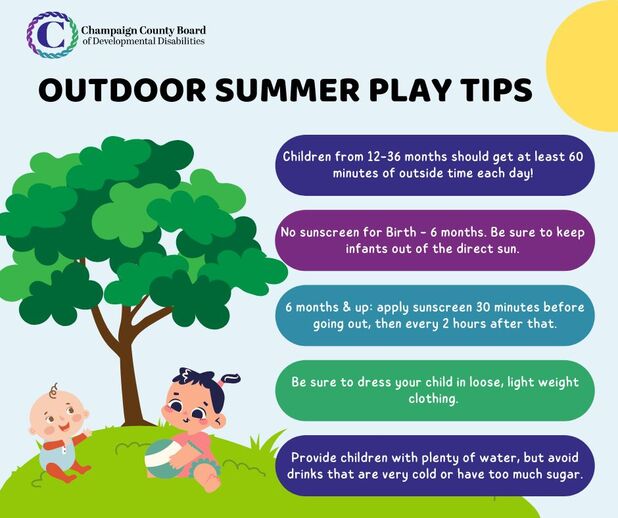
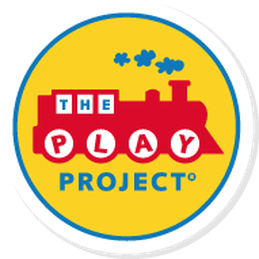
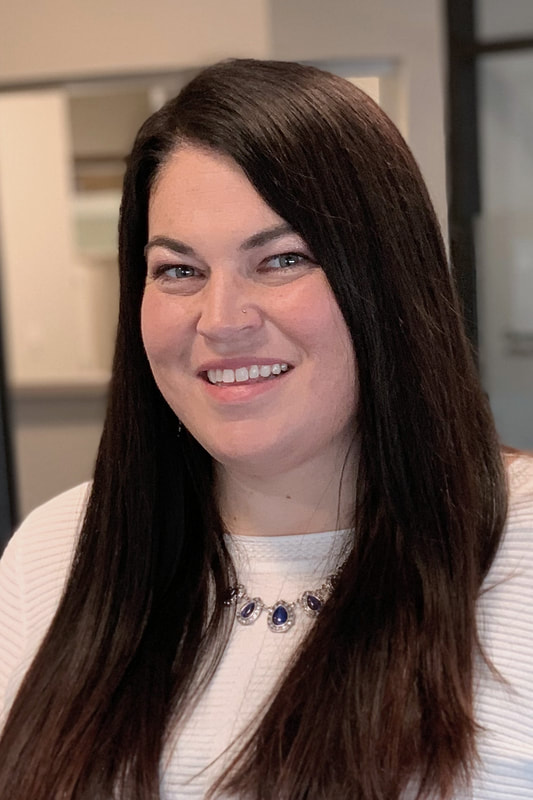



 RSS Feed
RSS Feed
